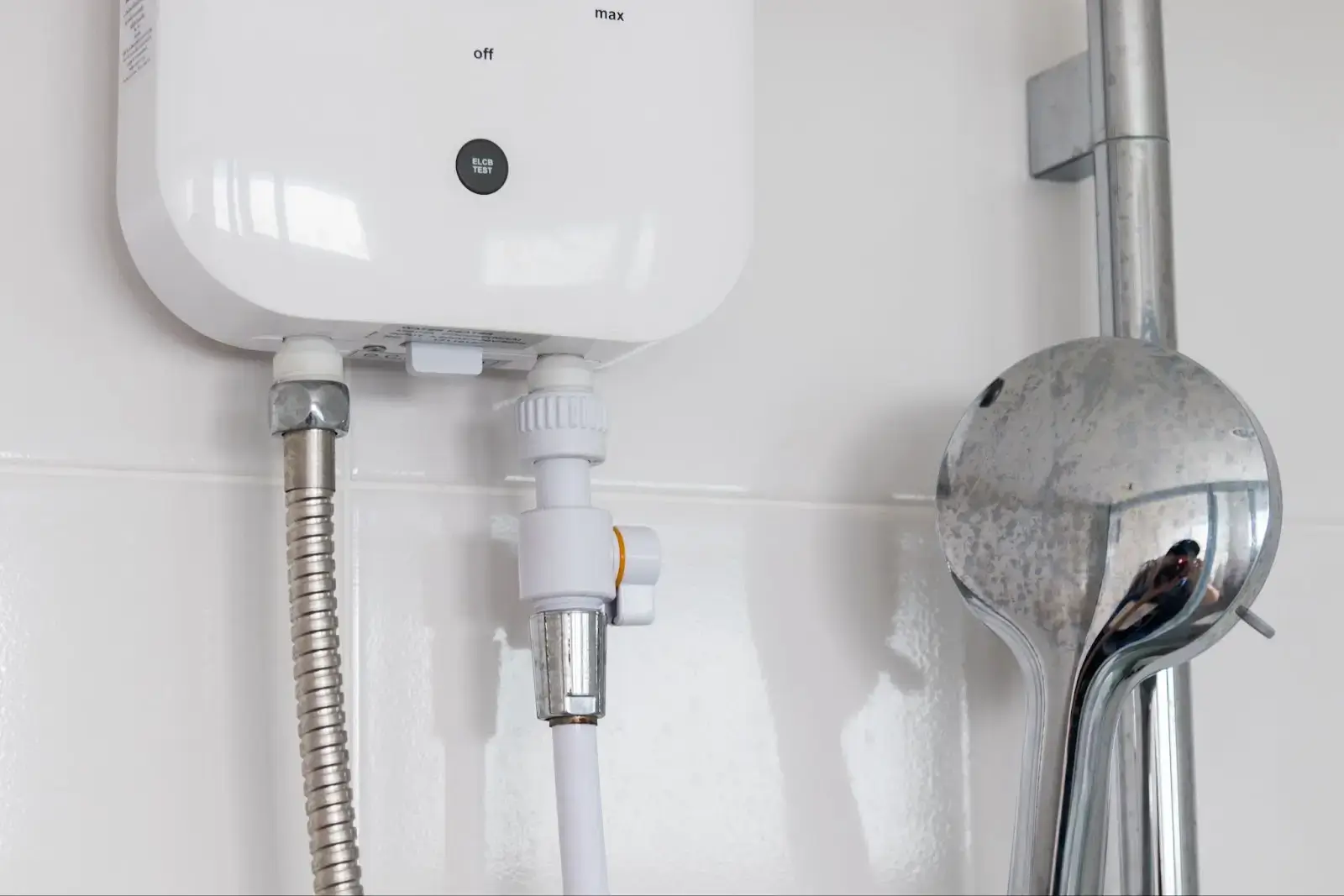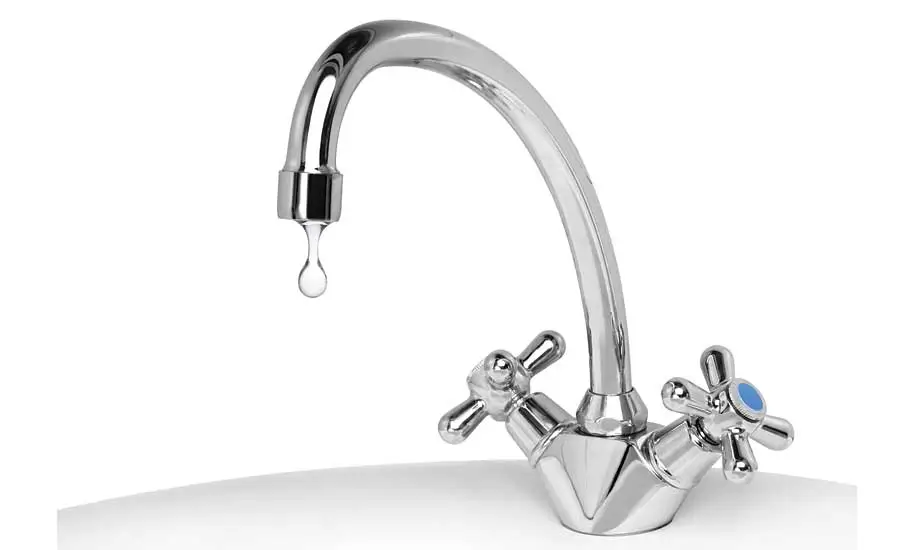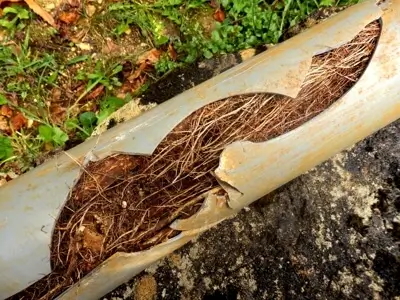Are you here to find what size radiator you need for your new house? Are you here because your radiator is not fulfilling your heating needs? Or are you just underwhelmed with your radiators?
The next time you ask, "what size radiator do I need?"
Remember that there are several factors you need to consider before answering that question. The right radiator size depends on your needs and the size of your home.
You may think one radiator is enough, which is true for most homes. However, you may need to differentiate your home and needs from the rest to avoid settling for subpar heating.
Here's everything you need to know about radiator sizing and heating power.
How Much Heat Output Does It Take to Heat a Home?
How much heat do you need? Do you live somewhere cold, hot, humid, or dry? You must answer different questions before knowing your home's heat output requirements.
Most importantly, you can determine heat output based on room size. If your home is larger than most, you may need a more significant heating system.
While larger radiators can fulfill the heating needs of different rooms, you may need multiple radiators to heat different attachments of your home.
Room Dimensions and Radiator Size
If you want enough heat this winter, you must know about the calculations based on BTU measurement. The total heat output needed for your home is determined by cubic feet and BTU output, which sums up the appropriate heat requirement.
Your home may have smaller or larger rooms, but their collective cubic volume will tell you the total BTU's required to heat your home. Read below to learn more about your home's total BTU requirement.
What is Cubic Volume?
If you didn't pay attention to your trigonometry class in high school, here's your chance.
- Cubic foot: One cubic foot is a unit of volume.
- Cubic volume: The cubic volume is the unit of measurement for any three-dimensional space or object.
You can measure your home's space using cubic feet by multiplying the length, width, and height of the room. The results indicate your cubic wall space.
You can compute how much BTU output is required to heat your home's total living space. However, only some of us know what BTU's are.
What are British Thermal Units?
BTU stands for British Thermal Unit, and they measure the amount of heat output needed to boost temperature.
- Higher BTU: The higher BTU your heating system has, the better it is at producing heat output.
- Lower BTU: The lower BTU your heating system has, the more it struggles to produce heat output.
The BTU output is typically directly equivalent to the radiator size. Smaller radiators provide lower BTU output than larger radiators. However, you can also use a BTU calculator to measure your home's BTU requirement.
Remember, BTU requirements and BTU outputs are different calculations. The former is how much your home needs, and the latter refers to the capacity of your heaters.
Knowing your home's BTU requirements and comparing them to the radiator's BTU capacity will tell you how many radiators your home needs.
You can compute your home's BTU needs by multiplying your home's total cubic volume or square footage by 15 or 40.
Example:
The size of your home's enclosed space (length, width, and height of the room) = total cubic footage or total square meters of living space.
15 to 40 (depending on your state's climate) = 30 for Oregon's moderate climates and cold winters.
(Total space) x (30) = TOTAL BTU REQUIREMENT
Here's an example using the size of average homes in Portland, Oregon.
1,780sqm x 30 = 53,400 BTU. This means you need heaters with a 55,000 up to 110,000 BTU capacity.
While this equation helps you determine whether you need single or multiple radiators, how many radiators you should install will still depend on your preferences.
What Are Your Home's Heating Needs?
Several factors include your enclosed space's total length, width, and height, giving you your home's total BTU. However, you must also consider your preferences, location, and budget.
Don't just think, "what size radiator do I need?" or "how many radiators do I need?"
What do you want, and how much are you willing to pay for it? Here are some factors to help you decide.
Factors You Should Consider
It is about more than just the size and number of your radiators. The right radiator to give you sufficient heating depends on your personal needs.
Climate
Do you live somewhere cold with blistering winters? Is your home located somewhere with a consistently low temperature?
Your home may have a higher BTU requirement. You may use a BTU calculator to determine just how much it takes to raise your home's internal temperature.
Colder states require higher heat output from HVAC systems. Homes across America multiply their total living square footage by about 15 to 40 to calculate how much BTU it takes to heat their home.
A general rule of thumb is adding 20 to 40 to the amount you multiply with your home's cubic footage on your BTU calculator.
However, you should lower that amount if you live in hotter areas such as Texas or Arizona. You don't have to go up to 20. You can stick to 10 or 15 for less heat.
Space
When we say space, we don't mean your total lot space. You don't have to include the space between your house and outside walls or parameters.
The total cubic measurement only refers to your enclosed spaces. Your total living space only includes particular rooms, such as living rooms, dining rooms, bedrooms, and bathrooms.
However, it would help if you considered the possibility of heat loss. You may still be unsatisfied even with the right radiator size that should provide adequate central heating.
You may lose heat while surging heating bills if you have various natural ventilation systems with improper insulation. Different-size radiators cannot perform sufficiently against the harsh outdoor temperature.
Opt for effective ventilation systems if you don't want outdoor weather to decide your home's ambient temperature. Double-glazed windows, such as french windows, may help with insulation.
Even if it means double-glazing your existing windows, put proper insulation at the top of your priority list. Double-glazing or replacing your windows helps with heat retention.
Energy
Heat retention doesn't only help smaller radiators heat larger rooms. Proper insulation helps make all HVAC systems more energy-efficient.
Your radiators may be perfectly capable of heating your larger room. However, even a larger radiator can warrant higher energy costs in heating smaller rooms.
If you are okay with paying staggering monthly amounts, you can opt for oversized heaters with excessive BTU capacity. However, under-sized radiators also cannot provide more heat for large homes.
If you prefer energy-efficient heating, opt for an appropriate radiator size and ensure your home is adequately insulated.
Why Isn't My Radiator Heating Our Home?
If your new radiator suffers heat loss and air leaks, you may also bask in subpar heating. No matter your heater or boiler size, there are various reasons your radiator may not be heating your home.
Diminished Capacity
A single radiator can either falter or persist against the harsh winter weather. Radiator sizing has a lot to do with heating capacity.
Large heaters mean more heat, but improper insulation may still render them inadequate. You may have a hot water circulating tank that's also diminishing your radiator.
A recirculating tank redistributes hot water to radiators and other outlets. You may get insufficient ambient heating whenever someone is taking a shower if your radiator is linked to a shared heat source.
If your radiator, boiler, or air conditioner isn't up to the task, your heater won't be able to heat your home sufficiently.
Poor Maintenance
You have reliable insulation with complementary heating systems; why are you still freezing against the winter temperature?
When was the last time you got HVAC maintenance services? Air leaks, corroded pipes, and sediment buildup can greatly impact your radiator's heat output.
You can keep your heaters reliable and efficient by observing proper maintenance. Routine cleaning and tune-ups should be enough to sustain your radiator through different seasons.
Improper Installation
Before you blame that draft in the air on poor insulation and improper maintenance, ensure your radiator is installed correctly.
Some contractors don't invest enough in HVAC technicians, skimping on significant details to cut costs. You may have great air conditioning right now, only noticing discrepancies once it's too late to change them.
You may need to enlist reliable heating services before buying large or multiple radiators. You need dedicated HVAC contractors to install and maintain your heating and cooling systems.
Need Help?
Do you need help installing heating and cooling systems? Our guys from Sunset Heating & Cooling | Electrical are there for you!
We handle vertical radiators, horizontal radiators, boilers, heat pumps, and other central heating devices.
Please don't hesitate to reach out if you need expert technicians for heating installation and HVAC repairs in Portland, Oregon, and neighboring areas such as Happy Valley, Dayton, West Linn, and Lake Oswego. We even offer emergency assistance 24/7.
Call Sunset Heating & Cooling | Electrical at (503) 500-5866







